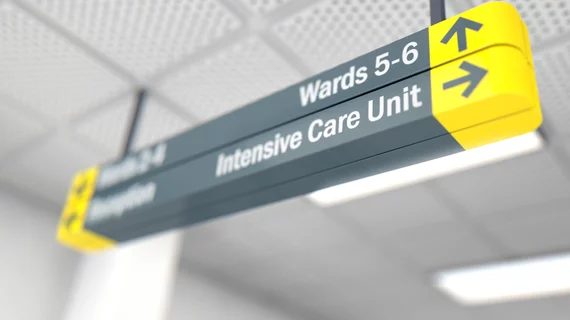Machine learning a key tool for limiting clinical, economic impact of C. diff on hospitals
Machine learning algorithms can accurately predict which hospitalized patients will likely become infected with Clostridiodes difficile or C. diff, potentially reducing healthcare costs and improving outcomes, research published Thursday suggests.
C. diff cases have declined over the past decade, but infections remain a major concern for inpatients. The average treatment cost per case tops $4,000 in the U.S. and increases the average hospital stay by 3.6 days, experts explained in the American Journal of Infection Control.
But machine learning algorithms built using data from more than 700 hospitals can predict C. diff infections and help health systems fight this deadly and costly infection.
“Our study findings suggest that machine learning algorithms could play a significant role in reducing the clinical and economic impact of healthcare-associated infections such as C. diff by providing early predictions of at-risk patients prior to them developing serious complications,” contributing author Jana Hoffman, PhD, vice president of Science at Dascena, a Houston-based algorithm developer, said in the study.
For their work, the researchers gathered more than 13.5 million inpatient encounters from electronic health record data taken from U.S. hospitals, which also included 80,000 C. diff cases. An external set of 1.1 million inpatients and 7,100 infections was also used.
The group developed three different deep learning models and found each could accurately predict C. diff using only six hours of patient data. While each performed well, the simplest algorithm—XGBoost—was most accurate and generalizable across external data.
Age proved to be the top factor leading to infection, followed by sodium level, body mass index, white blood cell count, active treatment with antibiotics or proton pump inhibitors, and race, among other patient features.
“This study supports earlier research suggesting that machine learning algorithms provide reliable infection-risk prediction that can empower clinical teams to implement appropriate infection control measures at earlier time points and thereby improve healthcare outcomes,” Linda Dickey, RN, president of the Association for Professionals in Infection Control and Epidemiology, which operates AJIC, said in a statement.

